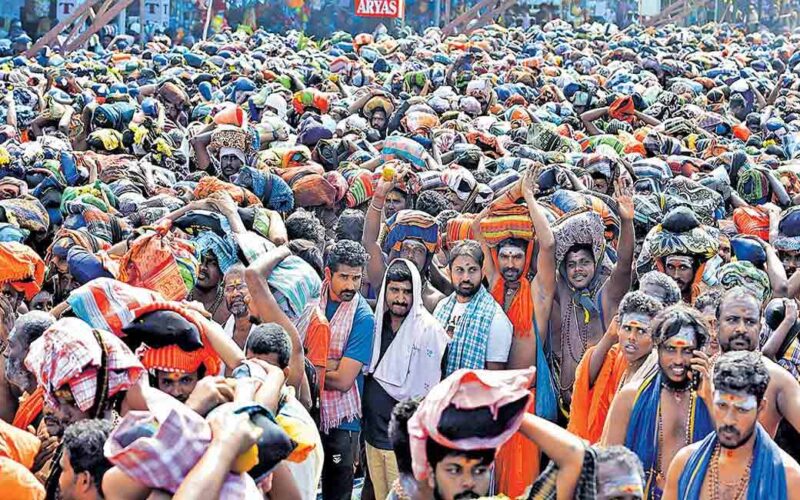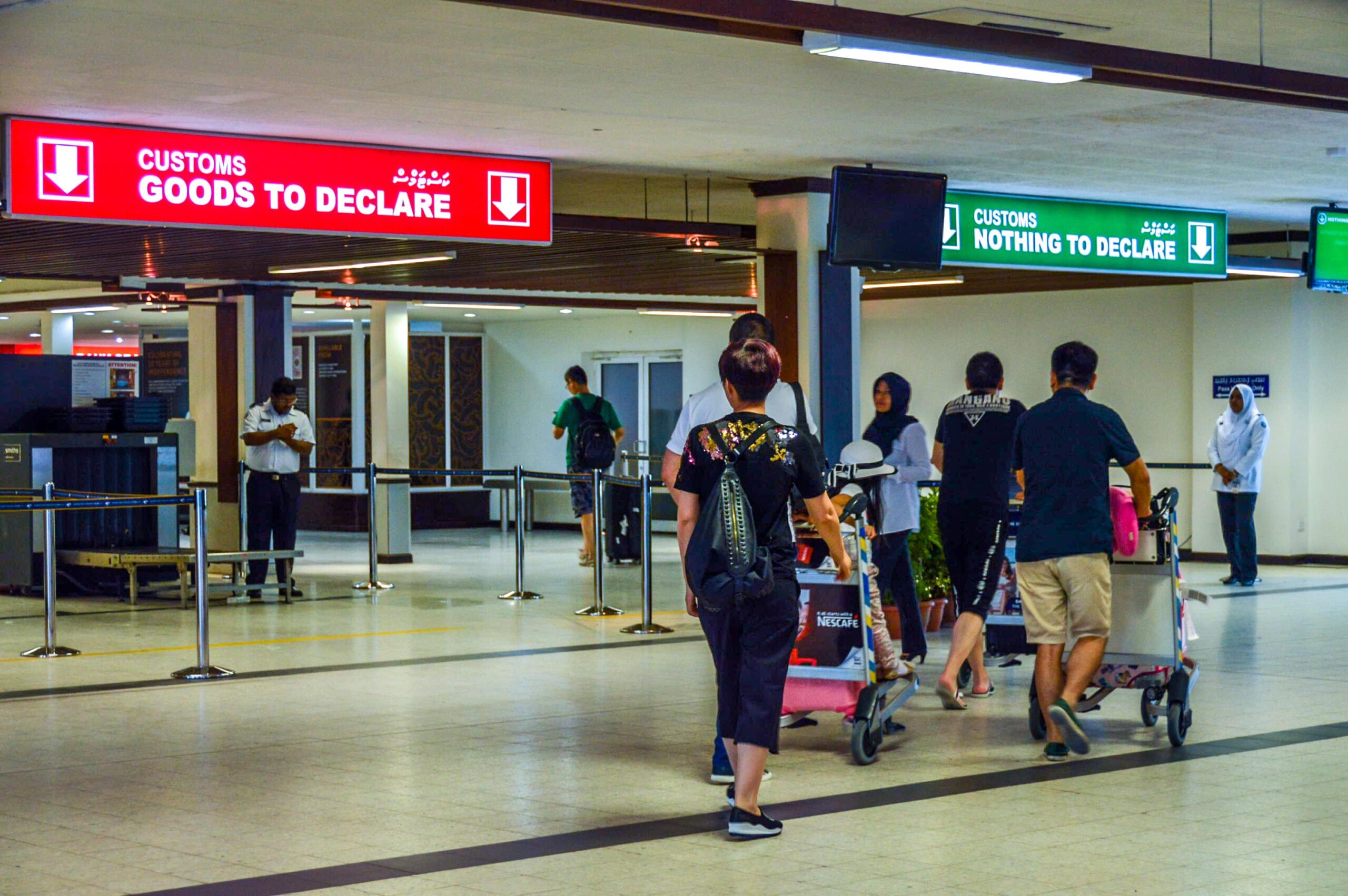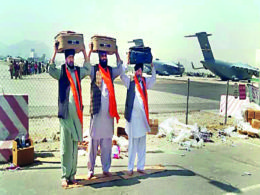If Indians are stacked on each other , they can reach moon 6 times
Indian population is beyond Control –
Indian population was 350 million in 1947 , it grew since independence on an average of 14 Million per year ( ie increase by half of current Australian population of 27 Million ). Density of Indian population is 435 people/Sq Km which is 8 time to world’s Density of population of 53 people/Sq Km. 17% of World’s population lives in India. If Indian population make human chain around circumference of the earth it can wrap around earth by more than 50 times. Indian population increased 25% faster than world population from 1950 to 2023.
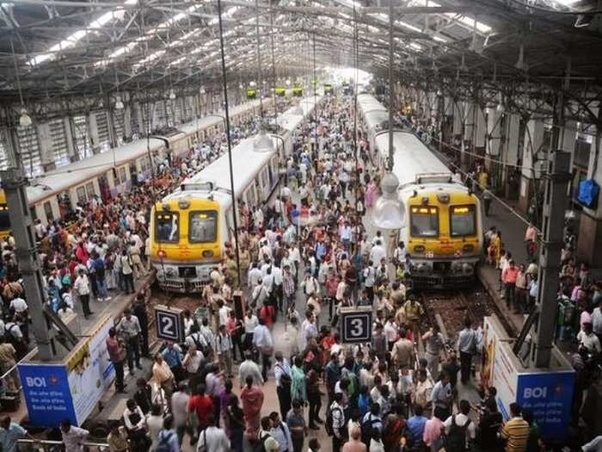
Indian population is growing 25% faster than world’s population-
| Year | World Population in Millions | Indian Population in Millions |
| 1950 | 2,500 Millions | 357 Million |
| 1960 | 3,019 | 445 |
| 1970 | 3,695 | 557 |
| 1980 | 4,444 | 696 |
| 1990 | 5,316 | 870 |
| 2000 | 6,148 | 1,059 |
| 2010 | 6,985 | 1,240 |
| 2020 | 7,840 | 1,303 |
| 2023 | 8,045 | 1,428 |
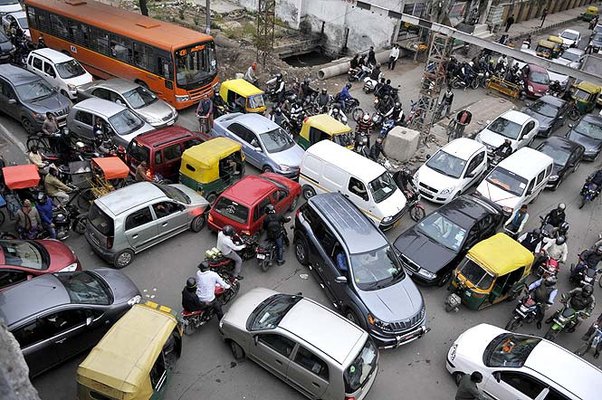
In India no corner is vacant –
In every nook and corner of habited area of India , one can see congestion / overcrowding /trash piling and bad public facilities. Most of the basic necessity /public services are either non functional or not up to the mark as per basic international standard. Water shortage , power shortage , bad roads , trash every where , ill-equipped hospitals, overcrowded trains , metro , public buses etc. These are statements which majority of Indians make when they talk about their home country. But are they act accordingly every day to get rid of these problems ?
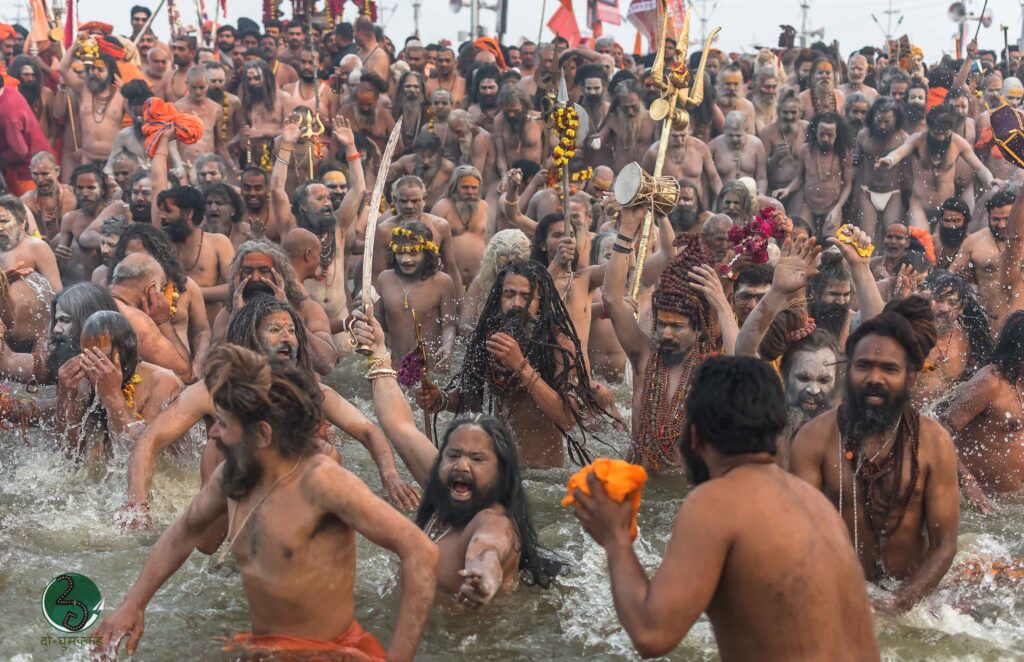
Most Indian are careless to keep their city good –
Govt maintain that that non-functioning of basic public facilities is due to excessive population. But China has almost same population. I visited China , and I find they are far ahead to maintain their city /town better than India , what can be the reason? . Indian consider that their democratic rights guarantee them to do any type of ‘shit act’ anywhere without being challenged . China being a communist country do not allow this , that is only the difference. Singapore and Hongkong are other best example where despite having heavy population , they have neat /clean/well managed cities which always gives a great look. Below is a typical table how population is growing so far in Delhi and state of Punjab.
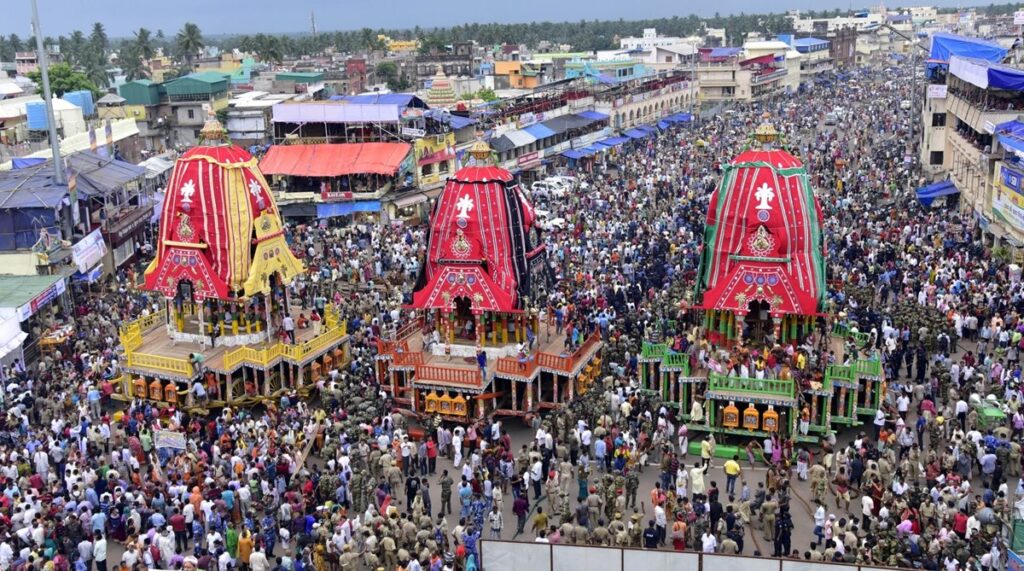
Population is exploding in Delhi and other Big cities –
| Year | Delhi Population in Millions | Punjab Population in Millions |
| 1970 | 3.50 Millions | 13.0 Million |
| 1980 | 5.60 | 16.0 |
| 1990 | 9.0 | 20.0 |
| 2000 | 15.7 | 24.0 |
| 2010 | 22.0 | 28.0 |
| 2020 | 30.0 | 31.0 |
| 2023 | 33.0 | 32.0 |
| Increased / Per year | 557K / year | 358K / Year |
| Avr Yearly population increase | 14% | 3% |
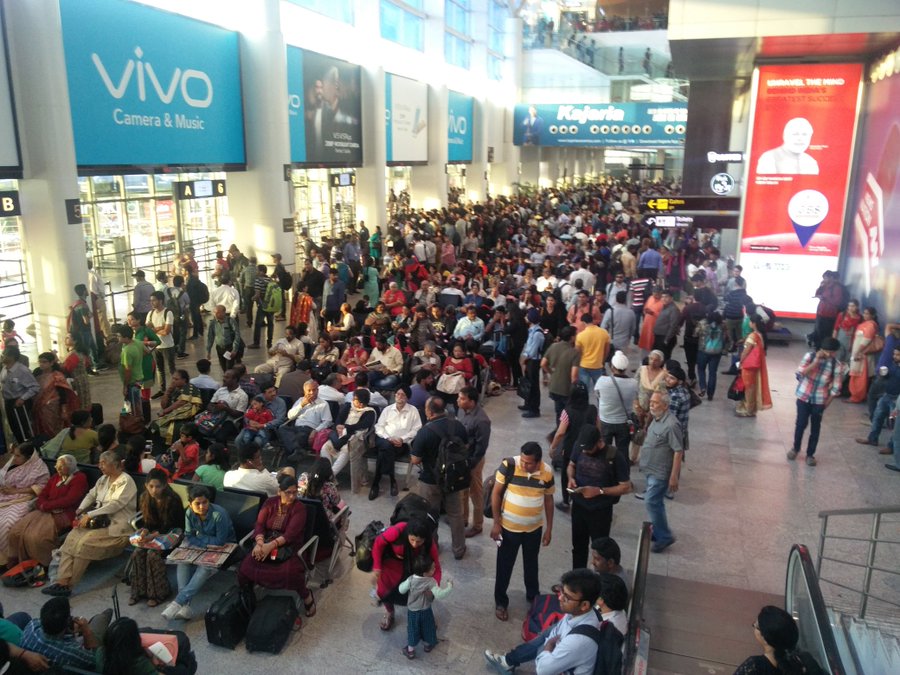
It is time to act responsibly –
You tell me frankly , are you proud of your town for the facilities , the cleanliness and other public services provided by the administration ? . Most of the answer will be ‘NO’. India is losing her shine due to overpopulation and lethargic approach by the Govt agencies to develop the town and cities.
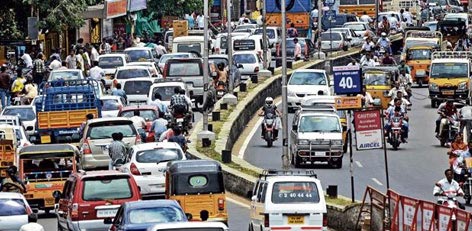
Govt and people of India need to act together –
India, with its vast population of over 1.3 billion people, faces significant challenges related to overcrowding in various aspects of daily life. Some of the key areas affected by overcrowding in India includes:
- Urban Areas: Cities like Mumbai, Delhi, Kolkata, and Bengaluru are among the most densely populated cities globally. Rapid urbanization has led to overcrowding in slums and informal settlements, inadequate housing, strain on infrastructure, and increased pollution levels.
- Public Transport: Overcrowding on public transport systems such as buses, trains, and metro networks is a common issue, especially during peak hours. This leads to discomfort, safety concerns, and delays in commuting.
- Healthcare Facilities: Hospitals and clinics in urban areas often struggle to accommodate the high volume of patients, leading to long waiting times, overcrowded wards, and compromised healthcare services.
- Education: Schools and colleges in densely populated areas often face overcrowding, with classrooms packed beyond capacity. This affects the quality of education and individual attention students receive.
- Rural Areas: While urban overcrowding is more commonly discussed, rural areas in India also face challenges due to population pressure. This includes pressure on agricultural land, limited access to resources, inadequate infrastructure and unauthorised colonies in area outside municipal limit.
- Environmental Impact: Overcrowding exacerbates environmental problems such as air and water pollution, deforestation, and strain on natural resources.
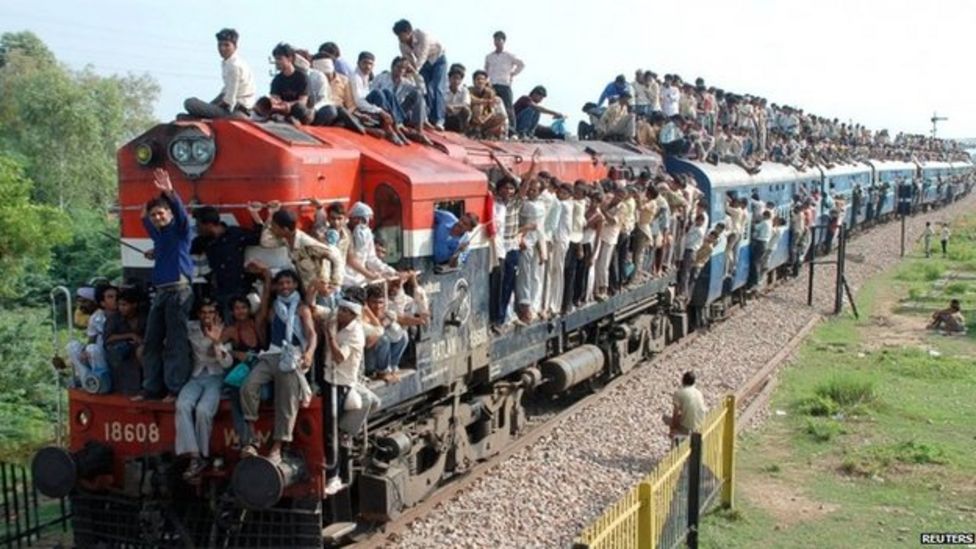
Addressing the issue of overcrowding in India requires comprehensive planning and implementation of policies focused on urban planning, infrastructure development, healthcare, education, and sustainable development. Efforts to decentralize development and promote balanced regional growth can also help alleviate the pressure on heavily populated urban areas. India figure is top 5 list for many bad reasons.
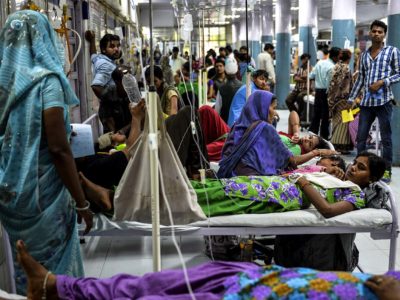
How India figure in Top 5 List –
| Ranking | Population | Big City | Polluted country | Polluted City | Biggest Slum City |
| 1 | India | Tokyo | Bangladesh | Lahore | Karachi |
| 2 | China | Delhi | Pakistan | Hotan China | Mexico |
| 3 | USA | Shanghai | India | Bhiwandi | Dharavi |
| 4 | Indonesia | Sai-Palo | Tajikistan | Delhi | Nairobi |
| 5 | Pakistan | Mexico | Burkina Faso | Peshawar | Cape town |
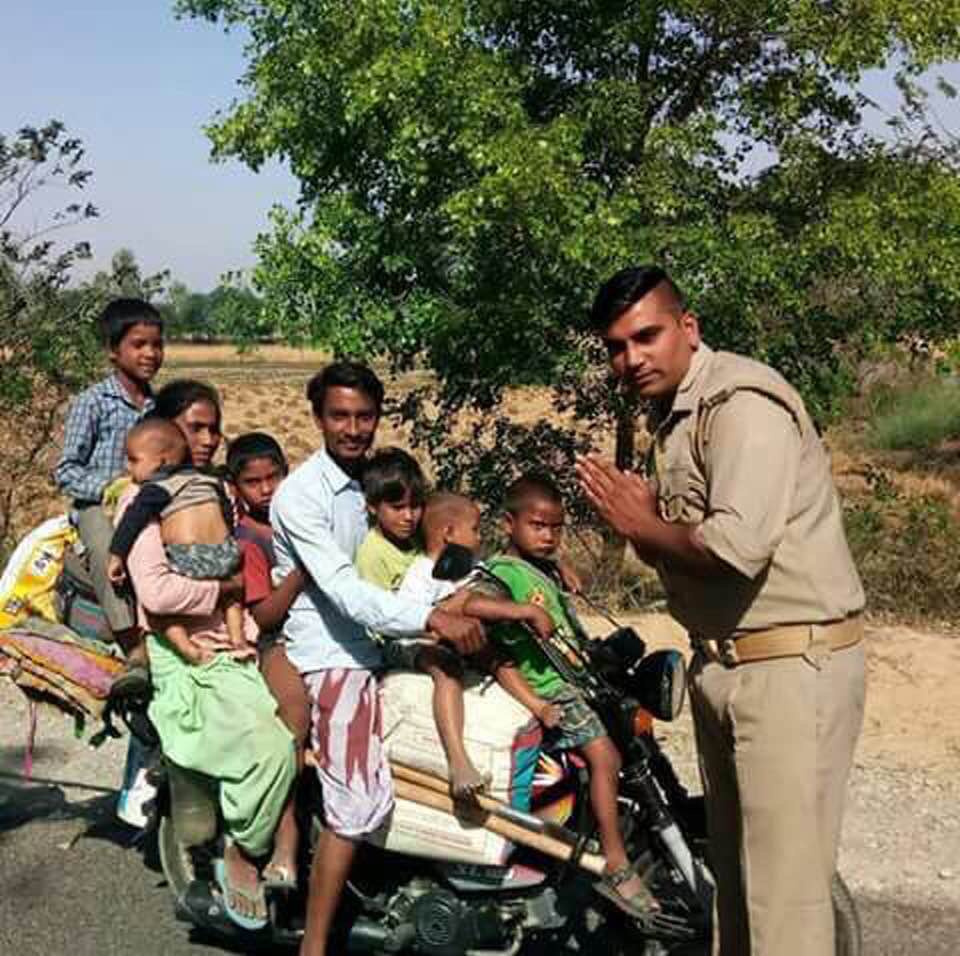
Govt need to do more and faster –
What has to be done so that India despite being overpopulated country can have a Posh look to match with other city/countries like Singapore , Dubai , Hongkong etc where all the items look well placed. Addressing resource constraints in India due to population pressure requires a combination of strategies, detail as below :
- Efficient Resource Management: Implementing policies and practices aimed at conserving and efficiently utilizing resources, such as water-saving technologies in agriculture and promoting renewable energy sources.
- Population Stabilization: Continued efforts to promote family planning, reproductive health services, and education to achieve population stabilization and reduce pressure on resources.
- Sustainable Development: Adopting sustainable development practices that prioritize environmental conservation, social equity, and economic growth to ensure the equitable distribution of resources and meet the needs of current and future generations.
- Investment in Infrastructure: Increasing investment in infrastructure development to improve access to basic services such as water supply, sanitation, healthcare, and education, particularly in underserved areas.
- Policy Interventions: Enacting and enforcing policies that promote sustainable resource use, environmental protection, and inclusive development, while addressing social and economic inequalities that contribute to resource constraints.
- Dedicated Ministers : India need dedicated Minister in Centre and state to manage independent deptt for decongesting Indian towns and city for flawless functioning . This should be supported for separate wing in Municipality reporting to Ministers directly about quality and progress. Have you seen any Road kerb straight in India , that is the quality ?
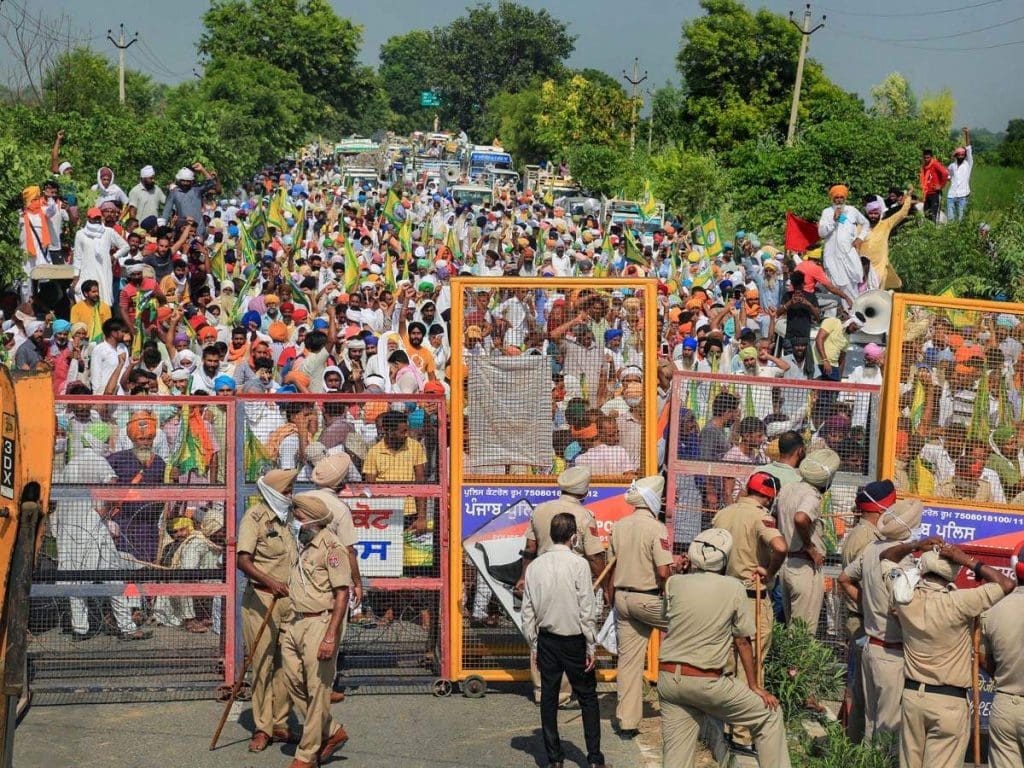
By adopting a holistic approach that integrates population management, sustainable development, and resource conservation, India can better address the challenges posed by its large population and work towards achieving a more equitable and sustainable town and city in future that will be fully developed , clean and less crowded.
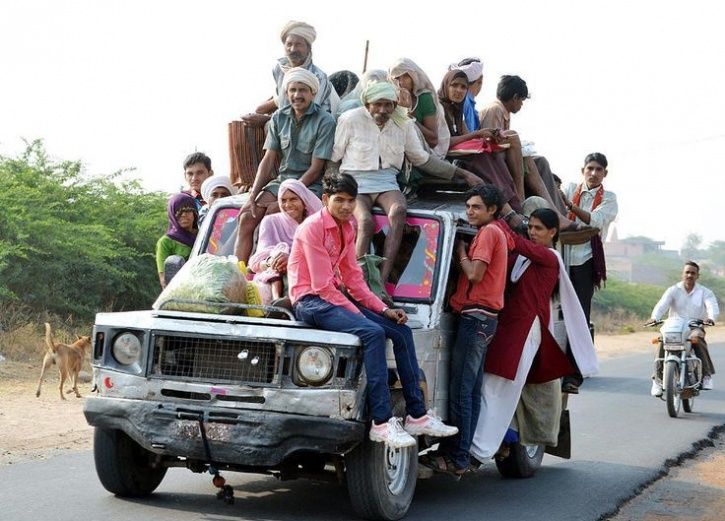
Can we see a smart and clean city and scenic India ?
The JAMGHAT which we see in every corner of India has become part and parcel of our life . If Govt and we people are sincere and dedicated to get rid of this problem, every Indian has to follow a disciplined life whether inside or outside home or in public places , like in Japan. Can we ?






